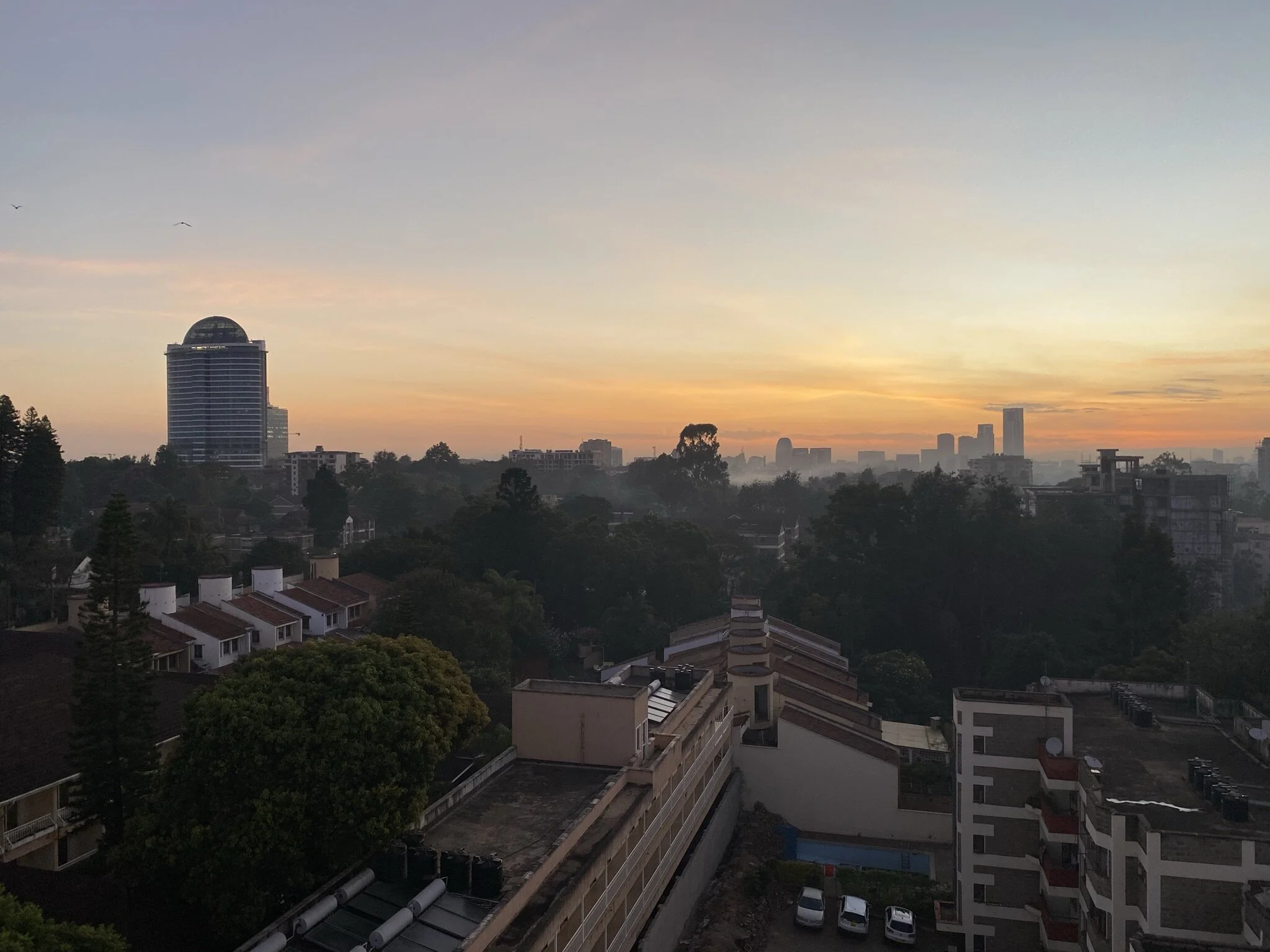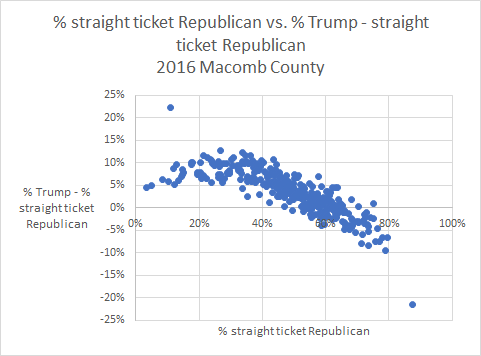How Many Lives Could You Save by Fixing Potholes in Zanzibar?
Last weekend I was in Zanzibar, riding in a taxi through a rural part of the island, and noticed that there were a lot of potholes. I remembered a study overview I had read that showed that reducing the number of cars idling on a road has significant positive health impacts on the people who live nearby (1).
This made me think: Paving over these potholes would allow cars to travel faster on this road, which would reduce the pollution exposure of people living nearby. I wondered if it would be cost-effective for a charity to pave these potholes, in order to improve the health of people living nearby (not even counting the other benefits of having well-functioning roads).
I decided to do a back-of-the-envelop calculation to answer the question: Would it be cost-effective, purely from the standpoint of reducing low-birth-weight births via pollution reduction, for a charity to take on the task of paving these potholes?
In short, the answer is probably no - it would not be cost-effective. I think it’s still worth sharing my process, because I think this practice of doing these types of calculations is a good habit, and because knowledge about what health interventions don’t work can still be valuable (2).
Here’s an overview of my calculation (detailed calculation at the Google Sheets worksheet here if you’re super interested):
$500 to fix 1km of road’s potholes, based on cost to fix a pothole in the US and assuming 10 potholes per km
1 low birth weight eliminated per 10km of road patched, based on the birth rate and population density of Zanzibar, plus some wild assumptions about the equivalence of Zanzibarian Potholes to Pennsylvanian EZ Pass systems
7 years of life saved per low birth weight eliminated based on a study from Mozambique
So if we count a “life saved” if we save 57 years of life (57 being the life expectancy in Zanzibar), that gives us an estimated cost per life saved of ~$40k ($50k = $500 x 10 x 57 / 7).
This is not great compared to the most effective charities (charity evaluator GiveWell estimates it costs $2k-$3k to save a life by distributing anti-malarial bednets). But my estimate was very rough - maybe fixing potholes is way cheaper in Zanzibar than in the US. And I only estimated lives saved due to low birth weight deaths - reducing pollution also has health benefits to people other than newborns that I’m not taking into account. On the other hand, maybe there’s way less traffic in Zanzibar than in Pennsylvania, so that pollution reduction effect is way lower than I estimated.
Another consideration is that maybe fixing potholes isn’t the kind of thing a charitable organization should get into - local governments should fix potholes and if a charity came in it would create a harmful cycle of dependency.
In any case, the potholes should probably be filled, even if the cost can’t be justified purely on the terms of reducing low-weight births. And the case isn’t totally closed against fixing potholes as a charitable opportunity. It may be worth a deeper dive more if you run an asphalt company and are interested in social impact, or if you’re just someone else who is bored some weeknight.
1. The study overview is only three pages and worth reading if you don’t often think about how harmful pollution is. The main takeaway is this: EZ-pass toll booths were installed on expressways in Pennsylvania and New Jersey. This meant that cars did not slow down and idle near the toll station. This reduced the amount of exhaust pollution that pregnant mothers who lived within 1km of the toll station were exposed to, which improved their health and caused the number of low-weight births to fall by 9%.
2. We all know what Edison said about lightbulbs or something










